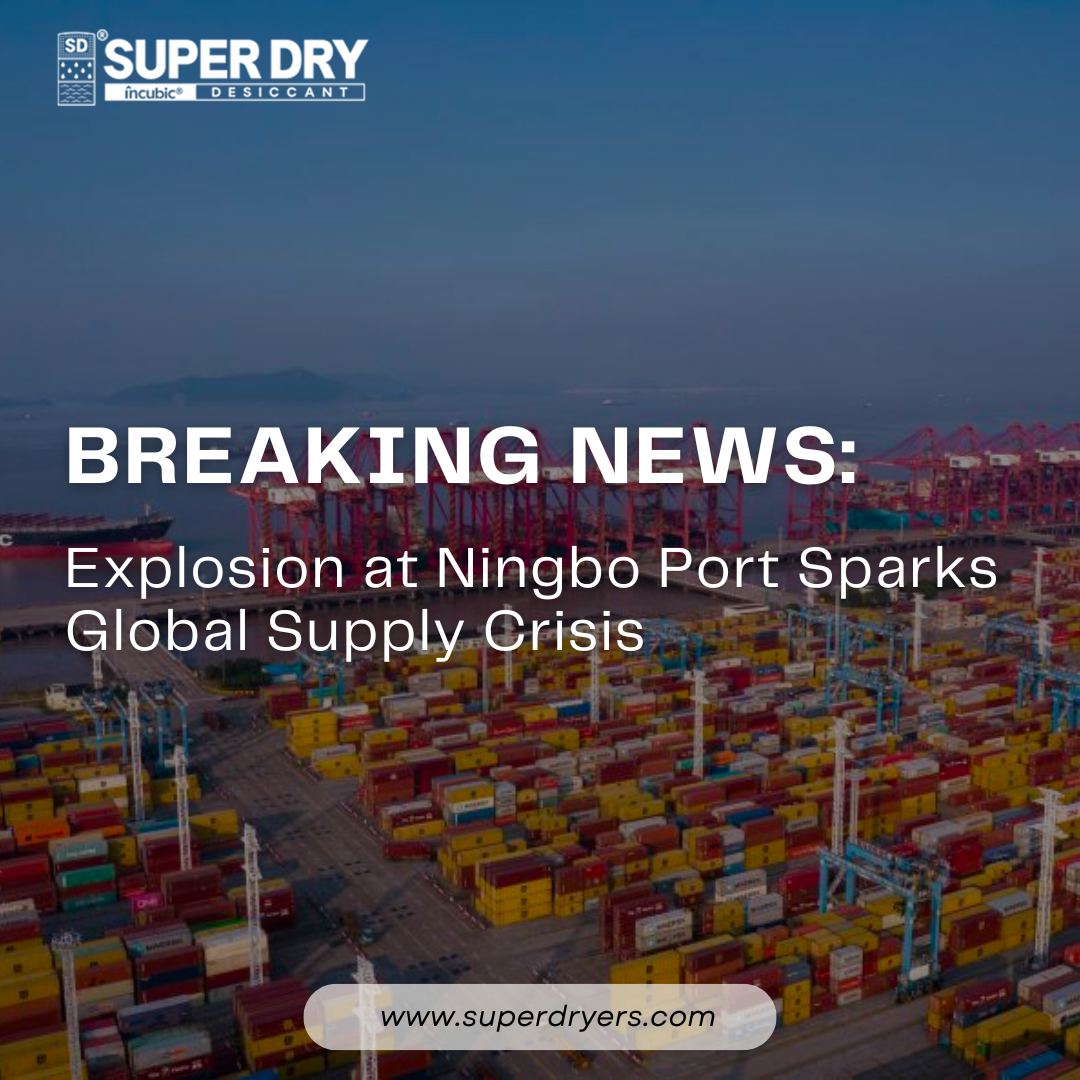Explosion at Ningbo Port Sparks Global Supply Chain Crisis

The explosion on the Yang Ming vessel YM Mobility at Ningbo Port, China, has triggered a significant global supply chain disruption. Taking place on August 9, 2024, the incident involved hazardous materials, which caused the shutdown of one of the world’s busiest container terminals. Following the damage inflicted by Typhoon Gaemi in July, this closure has compounded issues for shipping lines, especially those managing hazardous cargo. With Ningbo Port closed, delays are mounting, congestion at Asian ports is worsening, and companies are facing unprecedented challenges.
The direct consequences of the explosion are felt not just in the affected terminal, but across major shipping lanes. The Far East to Middle East route, for example, has been particularly impacted, resulting in increased waiting times for container ships and limited availability of containers—especially for those dealing with hazardous goods. While the official cause of the explosion is still under investigation, preliminary findings suggest it stemmed from dangerous goods being improperly stored in a reefer container.
The closure has led companies to reevaluate their shipping strategies, exploring alternate routes, heightening safety protocols, and preparing for the longer dwell times that are now becoming the norm. With major trade hubs like Ningbo essentially out of commission, experts expect ongoing deterioration in ocean schedules, tighter availability of containers, and potentially higher costs across the global shipping industry.
The unpredictability of the current supply chain environment highlights the need for resilient shipping practices. With delayed shipments and rerouted cargo, companies must ensure the protection of their goods during prolonged transit times. Super Dry offers an essential solution to help businesses maintain the integrity of their products through advanced moisture protection technology. As the supply chain disruption deepens, Super Dry desiccants can safeguard cargo, even when faced with extended delays and harsh conditions, ensuring that goods arrive intact at their destination.
